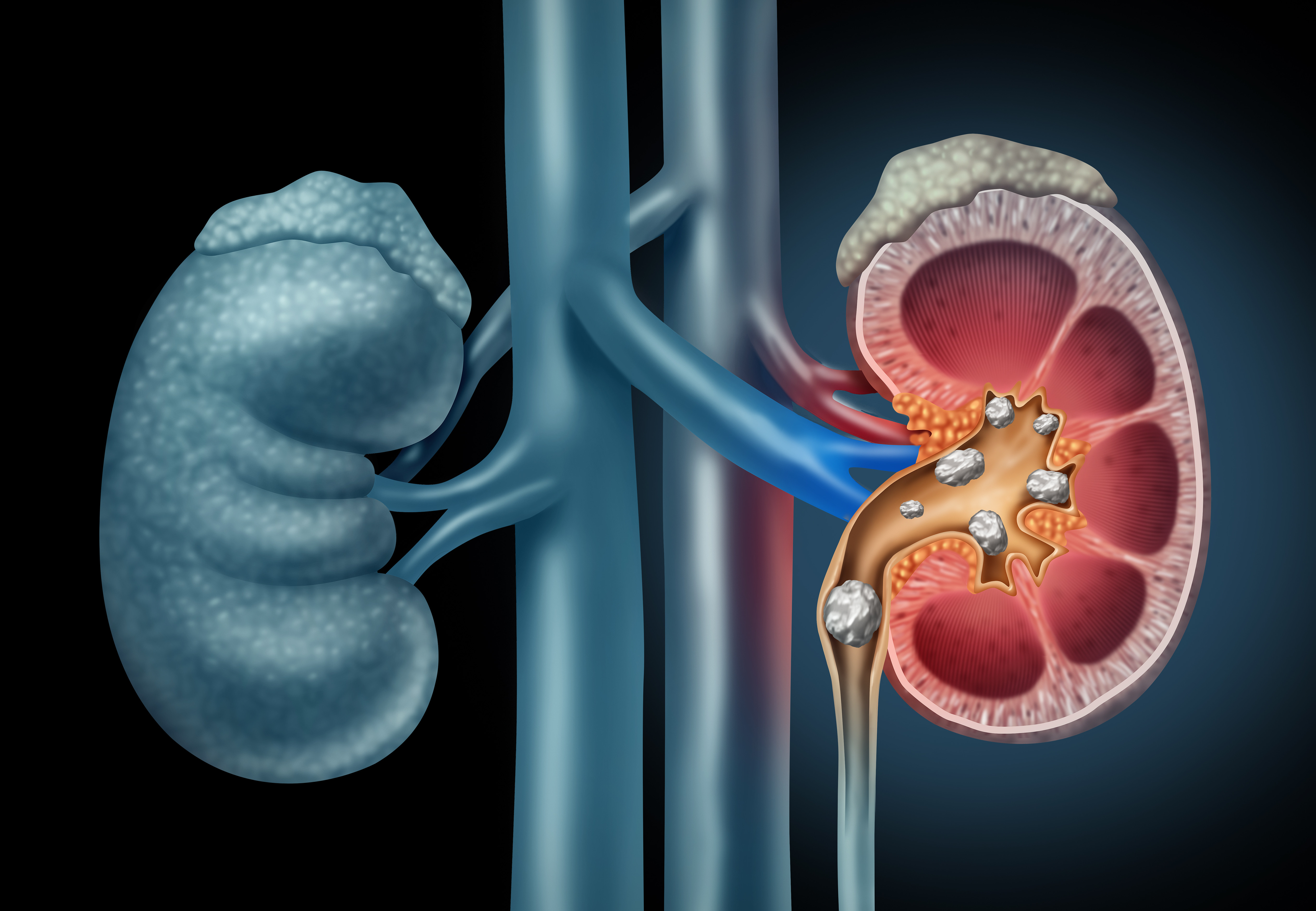
Frequent UTI
A urinary tract infection (UTI) is an infection that affects any part of the urinary system, including the kidneys, bladder, ureters, and urethra. UTIs are more common in women than in men and are often caused by bacteria entering the urinary tract and multiplying.
Frequent UTIs, also known as recurrent UTIs, refer to the occurrence of two or more UTIs within a six-month period or three or more UTIs within one year. There are several factors that can contribute to the development of frequent UTIs, including:
- A weakened immune system: People with weakened immune systems, such as older adults or people living with HIV, are more susceptible to UTIs.
- Hormonal changes: Hormonal changes during menopause can cause the thinning of the urethra and bladder, making it easier for bacteria to infect the urinary tract.
- Bladder or urinary tract abnormalities: Conditions such as bladder prolapse, interstitial cystitis, or a blocked urethra can make it more difficult to completely empty the bladder, which can lead to a higher risk of UTIs.
- Sexual activity: Bacteria from the rectal area can easily travel to the urethra during sexual activity, increasing the risk of UTIs.
Treatment for frequent UTIs typically includes a course of antibiotics to kill the bacteria causing the infection. In addition, drinking plenty of water can help flush out bacteria from the urinary tract. Some people may also benefit from taking a low dose of antibiotics to prevent recurrence. Your doctor may also recommend some lifestyle changes such as urinating after intercourse, avoiding irritants and bubble baths, and not holding urine too long.
It's important to consult with a healthcare provider to determine the underlying cause of frequent UTIs and develop an appropriate treatment plan. In some cases, if a person has recurrent UTI despite treatment, further investigation such as urodynamic studies or imaging may be needed.







